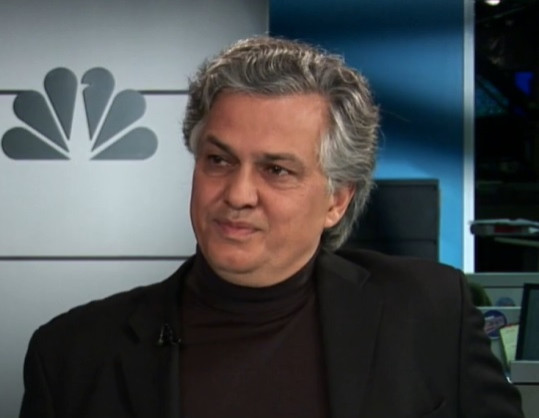Georgia Dad Arrested For Charging His Nissan Leaf: Is Kaveh Kamooneh The First Electric Car Owner To Be Busted For ‘Stealing’ Electricity? [VIDEO]

With so many portable lithium-ion batteries out there in the world, it’s common for people to look around for an electrical outlet and, sometimes surreptitiously, snatch a couple of watts of electricity from someone else.
And occasionally people get into trouble for doing so, as Darren Kersey, a 28-year-old homeless man, learned last year when he spent a night in jail for charging his mobile phone from an outlet at a public park in Sarasota, Fla.
Now, as more electric vehicles take to the streets, it seems EV owners could face similar treatment for plugging in their lithium ion packs to outlets that don’t belong to them.
Kaveh Kamooneh, a real estate broker in Decatur, Ga., may be the first electric-car owner to be arrested for cribbing a charge from an outlet without consent.
The incident seems wacky at first glance. Kamooneh says he took about five cents worth of electricity from an outlet maintained by a middle school as he watched his 11-year-old son play tennis one Saturday in November. But whether or not the police action was justified, the arrest raises questions about the practice of people charging their gadgets at any 110-volt wall outlet they can find, with or without the consent of whoever is paying for the electricity.
Kamooneh told an Atlanta NBC affiliate in an interview Wednesday morning that about 20 minutes after he plugged his Nissan Leaf into one of the school’s outside electrical sockets, a police officer approached his vehicle and told Kamooneh he was violating the law. The officer didn’t make an arrest. Instead he filed an incident report and 10 days later Kamooneh was frog-marched from his home around 8 p.m. and spent 15 hours in custody. He still faces criminal charges.
When asked by Local 11 reporter Doug Richards about the arrest, Chamblee police Sgt. Ernesto Ford stood his ground. “A theft is a theft,” he said. If it were to happen again he would arrest again, he added.
“I don’t agree that every taking without consent is theft,” replied Kamooneh. “I don’t think the Chamblee Police Department thinks that . . . cell phones, laptops are regularly nowadays charged without consent at public places or commercial places.”
Kamooneh said he is fighting the criminal charges.
Watch the full report here:
© Copyright IBTimes 2024. All rights reserved.












